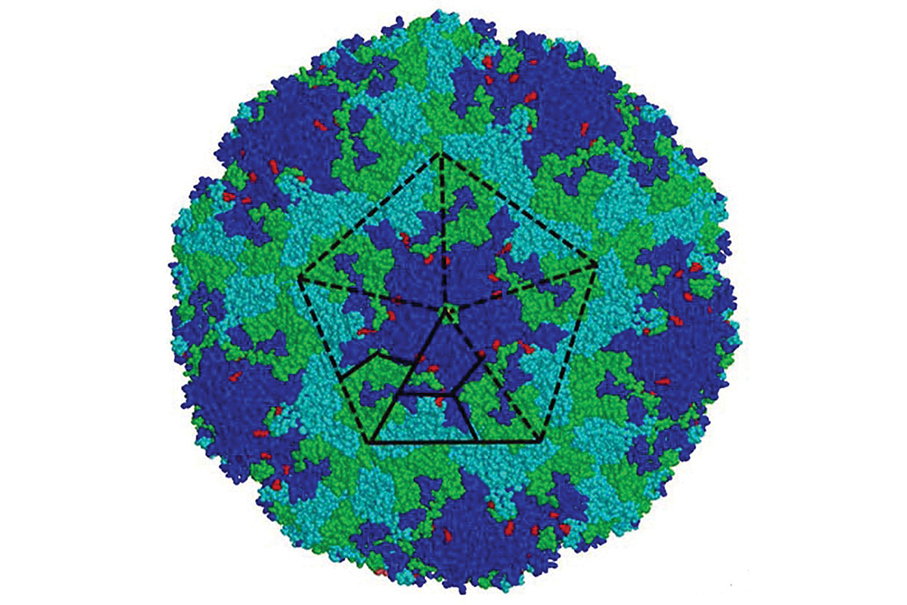The Health Bureau (SSM) urged the public in a statement yesterday to take precautions against enterovirus infection, as six children from the Creche “Gaivotinha” on Rua de Mong Sin came down with the enterovirus on Monday.
According to the statement, six children attending the nursery, four boys and two girls aged from one to two, came down with enterovirus and started to show symptoms on Monday.
The statement underlined that the six patients have seen a doctor and none of the cases were deemed serious, adding that none of them were hospitalised or had neurological abnormalities or other serious complications.
The statement noted that so far this year there have been a total of six collective cases of enterovirus infection, which have been increasing in number, all of which occurred in nurseries and kindergartens. The statement pointed out that the enterovirus has become more active recently.
The statement noted that enterovirus outbreaks usually occur during the summer, pointing out that the virus can lead to hand, foot and mouth disease, as well as herpangina (mouth blisters), and the virus can also cause serious complications such as inflammatory cardiomyopathy (inflammation and damage of the heart muscle) or aseptic meningitis (inflammation of the meninges).
According to the statement, children aged below five are more susceptible to hand, foot and mouth disease. The statement said that the incubation period is three to seven days, pointing out that the virus is usually spread through bodily waste, saliva or interaction with contaminated items. The statement stressed that children in nurseries and kindergarten often crowd together and play games, because of which it is easier to have hand, foot and mouth disease outbreaks in such locations.
The statement underlined that the symptoms of hand, foot and mouth disease include fever, sore throat and blisters and rashes on the palms, feet and other areas. The statement said that in seven to 10 days the rashes and blisters will disappear naturally but there is a chance that the virus still lives in the body and comes out as body waste a few weeks later.
The bureau vowed to closely monitor the situation and stressed that most enterovirus patients recover by themselves, and only a few suffer serious complications. The bureau urged parents, pupils, and school staff to take the following steps to prevent the spread of the enterovirus: washing hands after taking care of a child; covering one’s mouth and nose while sneezing; avoiding crowded areas; improving one’s immunity; and seeing a doctor as soon as enterovirus symptoms appear.
The bureau also urged the education sector to comply with the following steps to prevent the spread of the enterovirus: ensuring there is enough fresh air in the classroom; using 1:100 parts bleach to clean desks, toys and walls (up to a height of one metre); stop attending classes when feeling unwell; and alert the bureau when any abnormal collective cases are found by calling 2853 3525.

This photo shows Enterovirus 71 (EV71) genotype A virus particle. VP1 (blue), VP2 (cyan), VP3 (green) and VP4 (yellow) proteins are presented in whole virus particle.
– Courtesy of PLOS/Wikimedia Commons








